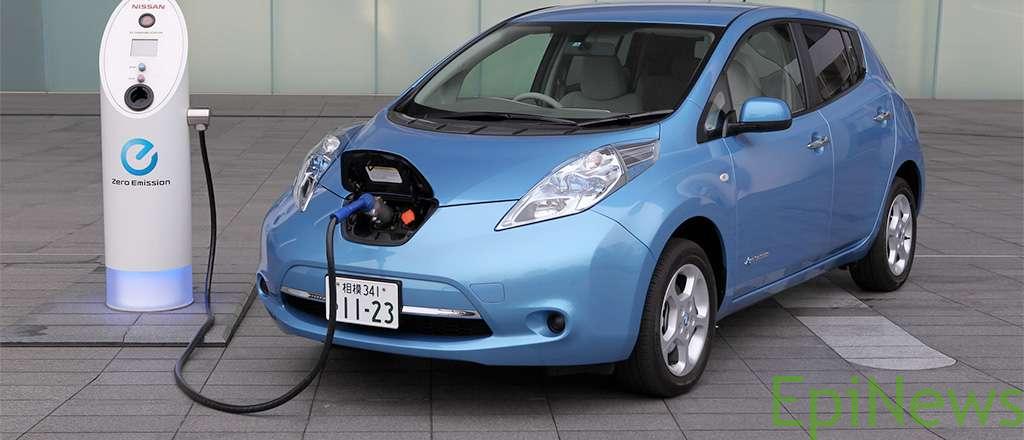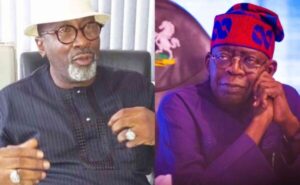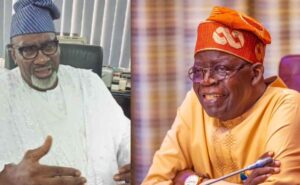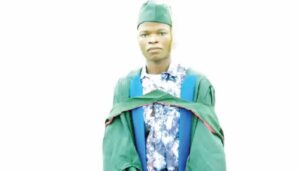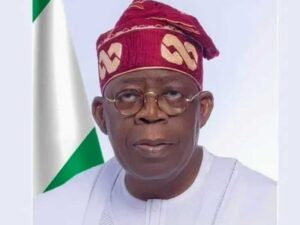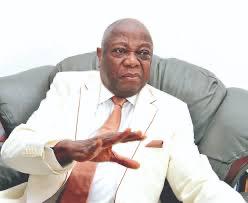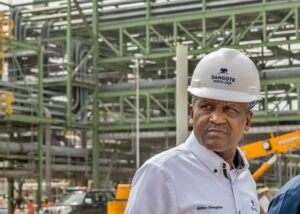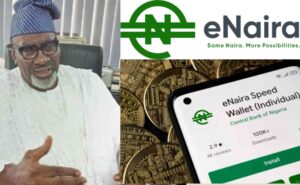Nigeria begins talk with VOLKSWAGEN, OTHERS on electric cars. Nigeria may have opened a new chapter in its efforts to give the country’s automotive industry a lift as it commences talks with renowned automakers, including Volkswagen, on its electric vehicle project.
With fossil fuel being phased out and mobility largely powered by electricity and batteries, the government says it will not augur well to stick with the old order while others are moving ahead. It is also holding talks with power station manufacturers.
But some experts, who are skeptical about the project, express worry about the power problem and the seeming lack of direction for the nation’s automotive industry and high cost of fuel-powered automobiles, making it difficult for many to buy new vehicles.

The Director-General of the National Automotive Design and Development Council, Mr Jelani Aliyu, insists that electric vehicles are desirable in Nigeria as the world’s attention is focused on vehicle electrification.
He says the country cannot afford to be left behind.
This is the song Aliyu has been singing lately. He takes Nigeria’s electric vehicle message to different forums where he is given the opportunity to speak.
He was at three different events in Lagos and Abuja within two weeks this month and his message was the same – electric vehicles coming to Nigeria soon – to underscore the commitment of the government to the project.
The project has received the support of the Automotive & Locomotive Engineers’ Institute, a division of the Nigerian Society of Engineers.
The group, in a communique after its recent seminar in Abuja, stated, “Governments in the advanced economies are encouraging the development of electric vehicles to reduce air pollution and greenhouse gas emissions. The vehicle manufacturers have responded enthusiastically, and in about a decade, sales of electric vehicles are projected to overtake those with internal combustion engines.
“Thus, the Federal Ministry of Environment should join forces in the development and promotion of the use of the EVs in Nigeria to help achieve signed global Climate Change agreements.”
Aliyu added that the NADDC had started to look at electrified vehicle policy as a way of supporting and creating an enabling environment for the development of electric vehicles in the country.
“The NADDC is beginning to look at electrified vehicle policy to see how we can support the development of electric vehicles to boost the manufacture of electric vehicles in Nigeria and come up with incentives that will help both the manufacturer and buyer of electric vehicles because we can’t afford to be left behind,” he said.
The DG said at the Nigeria auto industry awards held in Lagos that it was in line with this commitment that the NADDC, in August this year, signed a Memorandum of Understanding with Volkswagen to produce vehicles in Nigeria.
He said, “We are particularly excited because VW is Europe’s largest auto manufacturer and it is very serious about electric vehicles and other new mobility solutions. The company is investing $84bn in electric cars and batteries.”
Apart from joining the rest of the world in the electric vehicle project, the DG is optimistic that the EV technology will boost the activities of the medium and small-scale businesses in Nigeria, thus rapidly transform the economy.
Although he has not given the specific date when the programme will commence, he has always said, “very soon.”
According to Aliyu, the EV pilot programme comprises three components, which are the vehicles, charging stations and training/maintenance.
“In collaboration with the Presidential Social Investment Programme, N-Power, the NADDC is training 3,200 youths in mechatronics across the country. Nigeria presents a new beginning, ready for innovation in its truest form,” he said.
In what was a response to sceptics, especially concerning the power situation in the country, Aliyu said at the Lagos Chamber of Commerce and Industry forum that “although, we are experiencing epileptic power supply in the country and most people can’t even power their homes, it shouldn’t stop us from finding or developing that solution of getting enough electricity for our homes and vehicles since we have solar energy.”
He said the power supply challenge should inspire people to explore new frontiers for thinking and technologies.

